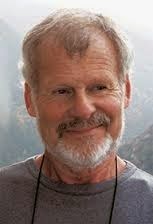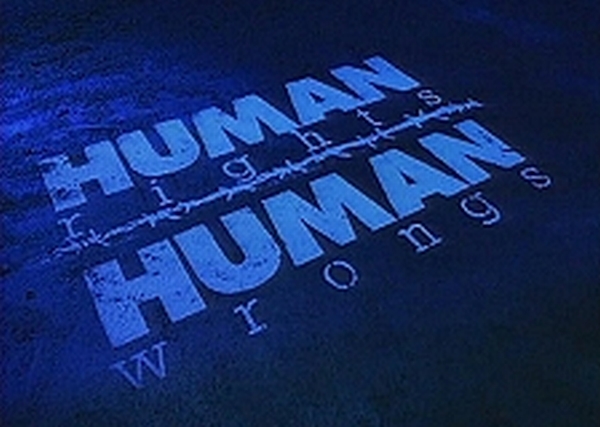Bruce Logan: When Rights go Wrong
 Bruce Logan says that human rights legislation has lost its way because so much of daily life has been deconstructed under the rubric of oppressor and oppressed. Human rights have become the means by which we solve that problem of deconstruction of the family, male and female, marriage, nationhood and much more. They seem to cover nearly every human activity. The practical consequence is that the moral has become political so that the political now determines private and public morality. Which is where we are in the Israel Folau affair.
Bruce Logan says that human rights legislation has lost its way because so much of daily life has been deconstructed under the rubric of oppressor and oppressed. Human rights have become the means by which we solve that problem of deconstruction of the family, male and female, marriage, nationhood and much more. They seem to cover nearly every human activity. The practical consequence is that the moral has become political so that the political now determines private and public morality. Which is where we are in the Israel Folau affair.
 29 June 2019
29 June 2019
An editorial in the NZ Herald (27 June) tells us that, “All human beings are born free and equal in dignity and rights. They are endowed with reason and conscience and should act towards one another in a spirit of brotherhood.”
Who could disagree, of course we should act towards one another in a spirit of brotherhood. But we don’t. That’s why we need law. But what kind of laws do we need? A great many it would seem because we keep discovering new ones. And even more disconcerting, many of the new ones negate the old.
One of the most significant changes in my 80 years has been a shift away from a belief in the equal rights of the individual under the law to the spirit of groupthink and discrimination. There has been a source changing legal focus away from the rights of the individual to the rights of the group.
The underlying beliefs that shaped the way we thought about the world and what we thought a human being to be, have changed. When the UDHR came into being after the Second World War it was a reasonably successful attempt to find a foundation for justice that could be accepted by everyone. British, American or German “justice” wouldn’t do.
The UDHR notion of human rights was still based on the belief that human beings were created male and female in God’s image. The law did not determine what a human being is; it recognised its limitations and everyone, including the law itself, was subject to a higher and discernible authority.
Consequently we learned to distinguish between negative or natural rights and positive rights. Negative rights require the government or anyone else to do nothing, simply make sure that the bearer of those rights can get on with his or her life. The freedom of religious belief and expression giving rise to free speech, is probably the best example.
Positive rights call on the state to declare and enforce them. The right to healthcare is an obvious example. There are many others; too many others. It seems that every public issue is framed in terms of rights. And as they expand the chances of the individual finding justice shrinks.
Human rights legislation has lost its way. So much of daily life has been deconstructed under the rubric of oppressor and oppressed. Human rights have become the means by which we solve that problem of deconstruction of the family, male and female, marriage, nationhood and much more. They seem to cover nearly every human activity. The practical consequence is that the moral has become political so that the political now determines private and public morality.
Significantly, human rights do not constrain the state in the way common-law once did because the state is the shaper of, creator and enforcer of human rights. And the more positive human rights you have the greater the shambles. Which is where we are in the Israel Folau affair.
For example, those who would accuse him of homophobia do so with all the moral righteousness given to them by the legalisation of same-sex marriage and the freedom to sexual orientation and behaviour. Consequently human rights, presumed to be a latter-day moral absolute, must sustain their moral sensitivities because they belong to a once upon a time oppressed group.
That is the reverse of the discovered foundation for the freedom of religious belief and expression which has its moral authority in tradition, Biblical and Natural Law. For most of the 19th and 20th centuries few questioned the legal precedent of allowing believers free expression concerning the human condition.
Those who see themselves as victims of homophobia, on the basis of presumed oppression, claim that their human rights are being undermined and that they are being’s discriminated against by those who see homosexuality as sinful and say so. They want the state to use its power to silence those believers.
However, it’s the advocates of homosexual legitimacy who are discriminating by insisting that those who disagree with them remain silent and that human rights legislation, insists on that silence. Inevitably their positive right of sexual expression and behaviour confronts the negative and prior right of religious belief and expression.
Bruce Logan is a Board Member of Family First New Zealand






